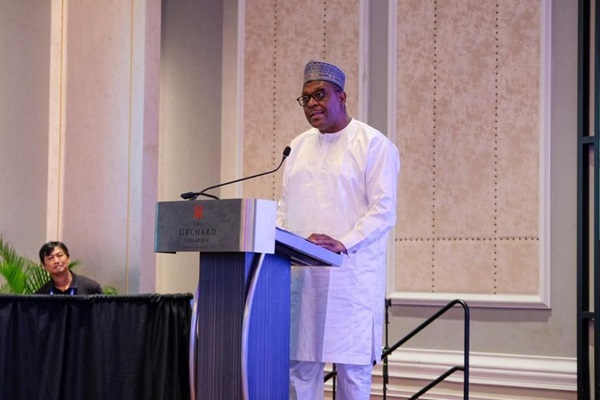
The Federal Government has taken a significant step to address the shortage of healthcare workers in Nigeria by doubling the enrollment quota for medical, nursing and other health professional schools.
The quota has been increased from 28,000 to 64,000 within one year. This decision was announced by the Minister of Health and Social Welfare, Prof Ali Pate during a Ministerial Sectoral Briefing in Abuja. The move comes as a response to the trend of health workers leaving the country due to factors such as inadequate equipment, insecurity, poor working conditions and low salaries.
In addition to increasing the enrollment quota, the government is calling for the improvement of infrastructure, training and tools in the education sector and by state governments to support the influx of new students into health professional schools. Efforts are also being made to ensure that primary healthcare centers have skilled birth attendants, with over 2,400 health workers recruited to serve rural areas. Furthermore, the government has disbursed N25 billion from the Basic Health Care Provision Fund to 23 states through the National Primary Health Care Development Agency and the National Health Insurance Authority, with the remaining states in the process of meeting requirements to receive their allocations. This allocation is aimed at ensuring efficient use of resources for the benefit of Nigerians.
The Ministry of State for Health has also revealed plans to double the population of medical and dental doctors from 5,000 to 10,000 starting from the next academic year. This includes efforts to make the healthcare environment more attractive to discourage the exodus of licensed doctors and other health professionals to more developed countries. The government also aims to expand these opportunities to all other health professionals in phases, as there is a global shortage of health manpower estimated at 18 million people.
It is evident that the production rate of health workers needs to be doubled as the current annual output of just over 3,000 doctors in Nigeria is grossly inadequate. Therefore, these measures are crucial in addressing the critical shortage of healthcare professionals in the country.

